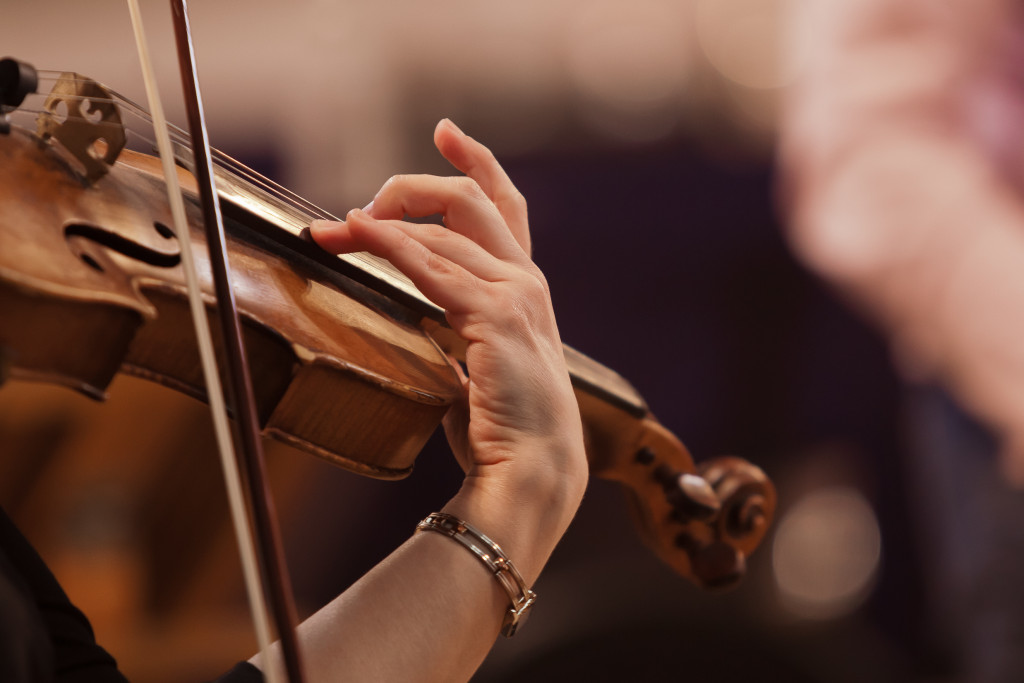If you’re passionate about music, then there’s no better way to spend your time than making and performing music. Not only is it a lot of fun, but it can also be very fulfilling. There are plenty of opportunities for classical musicians, so don’t be afraid to start your own business or go out on your own. The most important thing is to stay focused and motivated, and always remember why you chose music as your passion in the first place. That said, here’s how you can get started on a career in classical music:
Hone Your Skills
To start a successful career in classical music, you’ll need to hone your skills and develop your talent. Regardless if you are just starting out or already know the instrument’s basics, you need to keep practicing. The better you become, the more likely you are to catch the right people’s attention. However, you may practice differently depending on your instrument and skill level. For example, if you’re a singer, you’ll need to focus on your breathing technique and diction. If you’re a pianist, you’ll need to practice scales and arpeggios regularly. But if you’re unsure where to start or how to proceed, you can always ask experts for help. To do this, you can hire a professional music teacher to help you achieve your music goals. They can also offer you private lessons to get one-on-one attention. No matter what type of classical music you want to pursue, it’s crucial to practice as often as possible. It can be challenging to make this a priority. Still, it’s essential if you want to become a successful classical musician.
Join an Ensemble or an Orchestra
Joining an ensemble or an orchestra is a great way to start a career in classical music. You’ll get to work with other musicians and learn from their experiences. Plus, you’ll have the opportunity to play in front of a live audience. This can be a great way to improve your skills and make connections in the music industry. However, it’s better to remember that most, if not all, professional orchestras and ensembles often implement a strict audition process. They may post job openings for which you can apply, often requiring an educational background in music. After you pass the application, you will move on to the audition, where you must perform solo. They will likely provide excerpts for you to play, so practice them well. Likewise, you should also prepare another solo piece to play, as you will probably play more than once during the audition. If you are asked to sight-read, take your time and play through the piece as best as you can. With enough preparation and practice, you can start your journey in classical music by joining an ensemble or orchestra.

Find the Right Gig
If you’re just starting out without any educational background in music, then your next step would be finding the right gig. There are many classical music jobs, so you must take the time to find one that’s a good fit for you. You can start by looking online or in music magazines for job postings. This can include music teachers, performers, or administrators in orchestras or other musical organizations. You can also find opportunities and experience by performing in community ensembles, local churches or temples, or private events. This will not only help you get experience under your belt but also allow you to network and make connections in the industry.
Make Music Your Priority
If you’re juggling your musical journey alongside another job or other responsibilities, you must make music your priority. You must be diligent with your practice time and engage in activities that further your music career. For example, while taking at least three hours per day to practice, you should also be gigging or performing as often as possible. However, planning your days with this in mind is not enough. You need to maintain your daily routine around music, not the other way around. Likewise, setting and achieving goals is another critical factor in making a career out of music. Passive goals, like “I want to learn how to play the violin,” are not as effective as active ones, like “I will practice the violin for three hours every day.” Having objectives to strive for gives you a sense of purpose and motivation that is essential for success. By doing these things, you’ll be well on your way to having a thriving classical music career.
If you’re passionate about classical music and want to start a career in this industry, you need to make certain changes in your life so you can get started on the right foot. With enough commitment and practice, you can achieve success as a classical musician.
